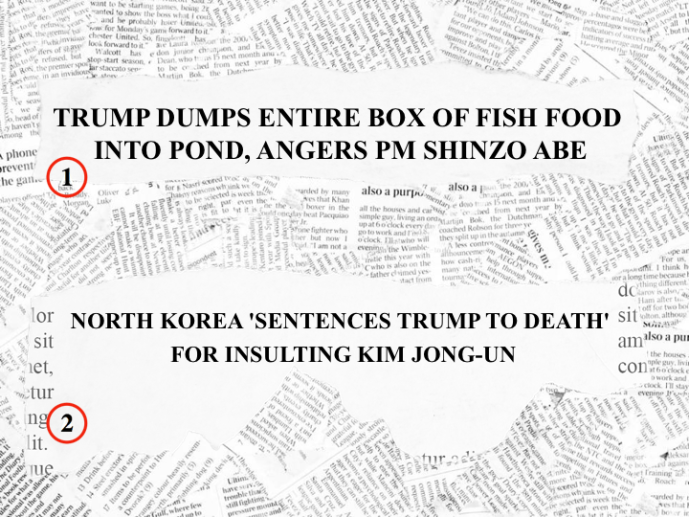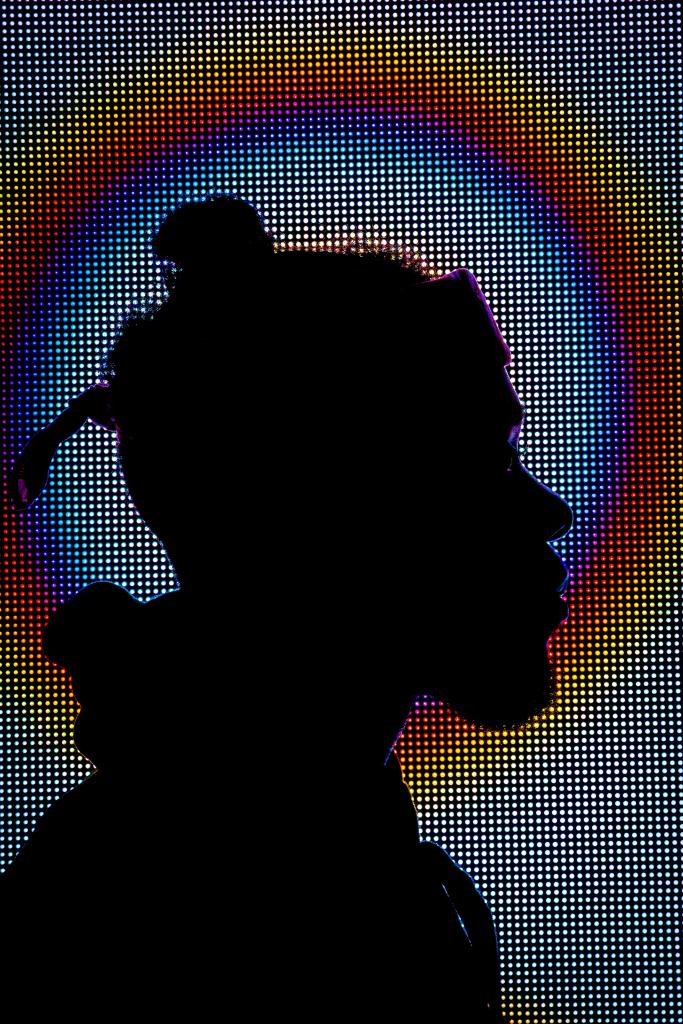
Topic 2 – Evaluating information quality
Do you believe that the following quotes were by the respective famous figures?
I was searching online for quotes to include in this post to beef up my article when I came upon these quotes. I found these extremely hilarious because these do seem legit if you do not think think critically about the content (which I am do more consciously now with #MANG2049).
Continue reading →









